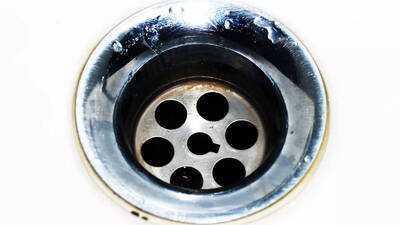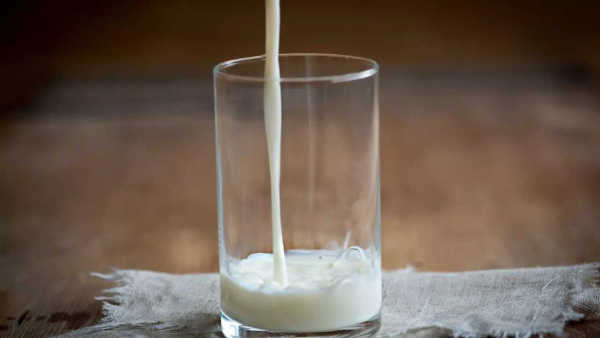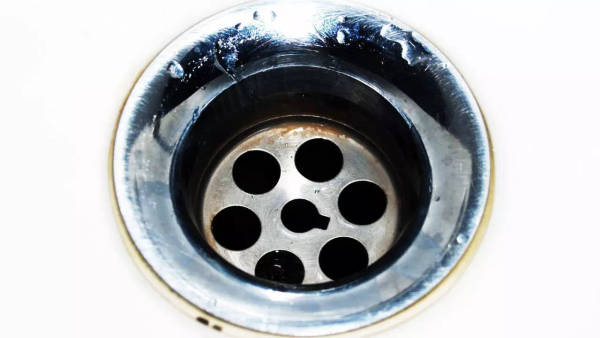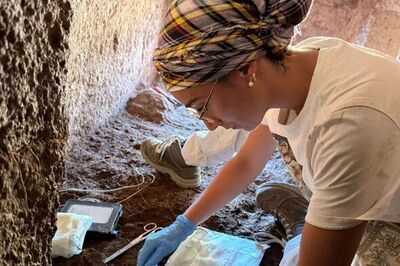
Pouring leftover or spoiled milk down the sink might seem harmless, but it can create serious problems for both your plumbing and the environment. Experts warn that the fats and proteins in milk can solidify inside pipes, causing slow drains, bad odors, and costly blockages. In addition, when milk enters sewage systems, it can reduce oxygen levels in water bodies, harming fish and other aquatic life. With combined sewer systems common in many cities, this problem can become even more severe.
Households can prevent these issues by adopting simple alternatives. Small amounts of milk can be composted to enrich soil, or diluted with water and used as a natural fertilizer for plants. If these options aren’t possible, pouring milk into a sealed container and disposing of it with regular household waste is a safe and eco-friendly choice.
In this article, we explore why pouring milk down the sink is harmful, the environmental and plumbing consequences, and easy, sustainable ways to dispose of milk safely at home.
Why does pouring milk down the sink damage plumbing
Milk contains fats and proteins that can stick to pipe walls, forming blockages over time. This can lead to slow drains, foul odors, and expensive plumbing repairs.
Environmental consequences of pouring milk down the sink

Milk in sewage systems can reduce oxygen in water bodies, harming aquatic life. Decomposition of milk in rivers or streams can also create unpleasant odors and contribute to harmful algal growth.
Safe alternatives to pouring milk down the sink
Households should consider these methods instead:
- Composting milk : Mix small amounts of milk with other compost materials to enrich soil.
- Fertilizing plants: Dilute milk with water (1 part milk to 4 parts water) to nourish plants.
- Disposing in waste: Pour milk into a sealed container and place it with regular household waste.
- Plumbing maintenance tips to avoid issues from pouring milk down the sink
Avoid pouring dairy, fats, and oils down the drain . Maintain clean drains, and consider periodic professional plumbing checks to prevent blockages and ensure a smooth water flow.
Raising awareness about pouring milk down the sink

Public awareness about the environmental and plumbing impacts of pouring milk down the sink is important. Educating families about safe disposal methods helps protect water quality and reduce household plumbing issues.
Pouring milk down the sink may seem convenient, but it can damage pipes and harm the environment. Composting, using milk as fertilizer, or disposing of it in sealed containers are safer, eco-friendly alternatives. Small changes in everyday habits can have a big impact on your home and the planet.
Also read|
-
Upcoming Release of RRB NTPC UG CBT 1 Exam Results

-
India Develops Its First Indigenous Antibiotic: A Hope for Cancer and Diabetes Patients

-
Karnataka LoP Ashoka tears into state govt over socio-economic survey

-
Huge breakthrough as three ancient 'fairy houses' found on hillside

-
POLL: Is Rachel Reeves right to blame Brexit for state of UK economy?
